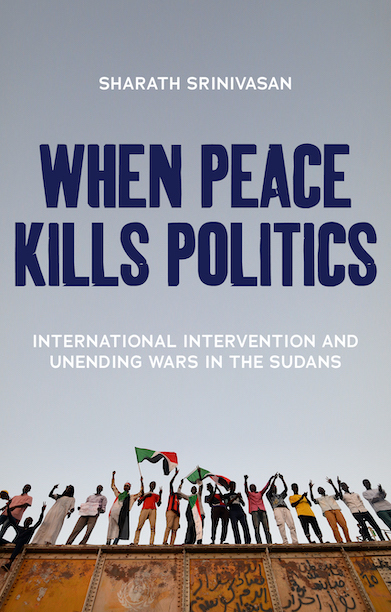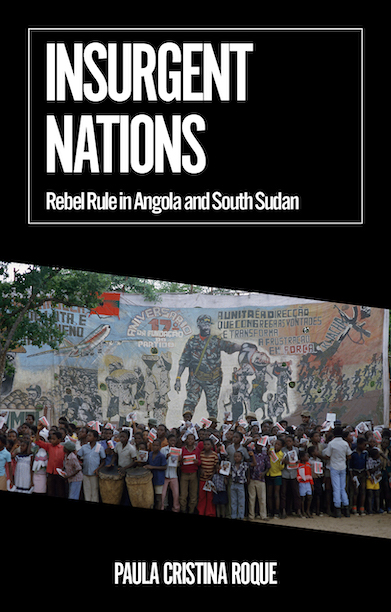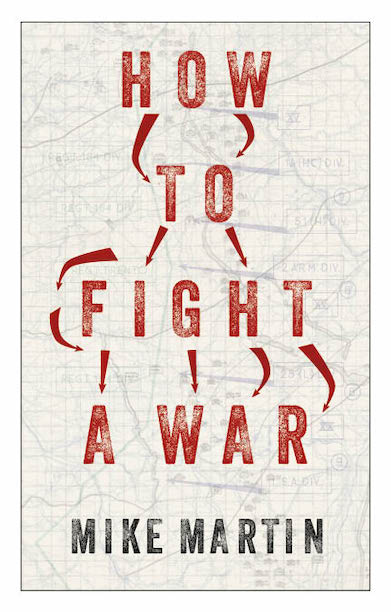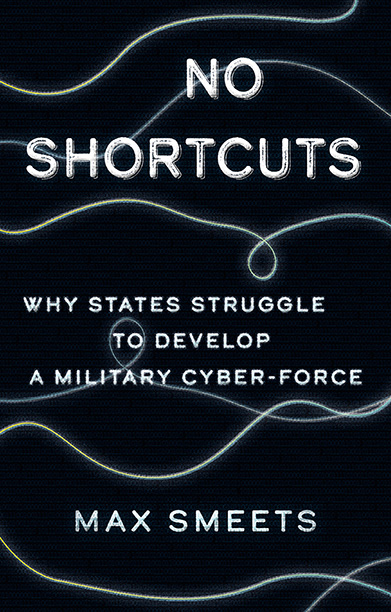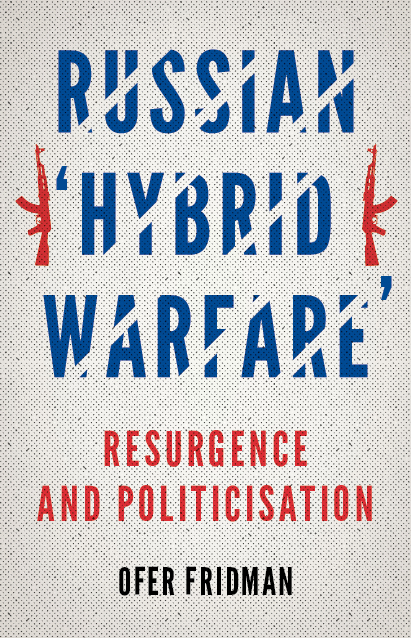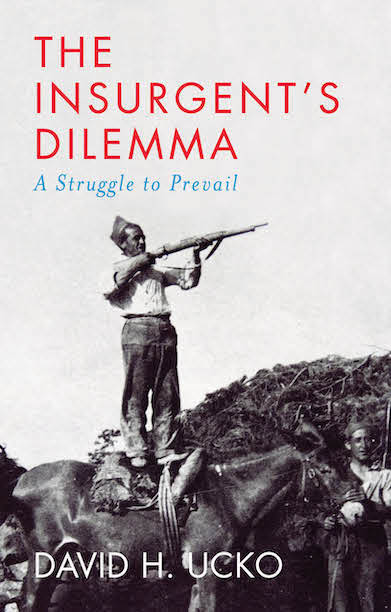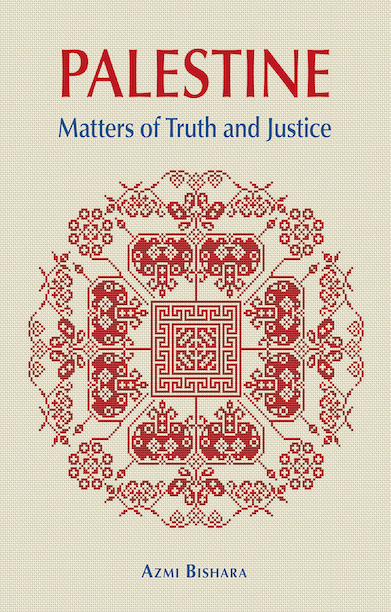When Peace Kills Politics
International Intervention and Unending Wars in the Sudans
A withering analysis of the tragic susceptibility of interventionist peace deals to precipitate ongoing violence.
Description
Why have war and coercion dominated the political realm in the Sudans, a decade after South Sudan’s independence and fifteen years after the Comprehensive Peace Agreement? This book explains the tragic role of international peacemaking in reproducing violence and political authoritarianism in Sudan and South Sudan.
Sharath Srinivasan charts the destructive effects of Sudan’s landmark north–south peace process, from how it fuelled war in Darfur, the Nuba Mountains and the Blue Nile to its contribution to Sudan’s failed political transformation and South Sudan’s rapid descent into civil war. Concluding with the conspicuous absence of ‘peace’ when non-violent revolutionary political change came to Sudan in 2019, Srinivasan examines at close range why outsiders’ peace projects may displace civil politics and raise the political currency of violence.
This is an analysis of the perils of attempting to build a non-violent political realm through neat designs and tools of compulsion, where the end goal of peace becomes caught up in idealised constitutional texts, technocratic templates and deals on sharing spoils. When Peace Kills Politics shows that these methods, ultimately anti-political, will be resisted—often violently—by dissatisfied local actors.
Reviews
‘An essential and timely contribution to the peacemaking literature, and a fascinating read for both practitioners and academics interested in international peacemaking.’ — International Affairs
[A] detailed, rich and novel contribution … Remarkably rich in its case descriptions and offers important insights into international peacemaking that are not only valuable in Sudan and South Sudan.’ — International Peacekeeping
‘Essential reading for scholars and practitioners alike who are eager to get beyond cycles of unending war and failed peace.’ — Perspectives on Politics journal
‘[When Peace Kills Politics] makes for important reading for both policy and academic audiences concerned about violent conflict. It is sure to leave readers rethinking the role and process of foreign peacemaking.’ — Commonwealth & Comparative Politics
‘Sober, mandatory reading for current international actors and citizens of both countries grappling with transitions, peacemaking, and complex politics and conflicts.’ — African Conflict & Peacebuilding Review
‘[A] well observed commentary on the limitations of peace processes in the first quarter of this century.’ — Sudan Studies
‘An innovative and provocative contribution to peacemaking theory and practice. Srinivasan provides a thorough, comprehensive, and original perspective on war and peace in the Sudans. This will be of enormous value to peace practitioners, policy-makers, international relations experts, and scholars of African politics alike.’ — Séverine Autesserre, author of Peaceland and The Frontlines of Peace
‘When Peace Kills Politics is a detailed appraisal of the peace process in the Sudans, drawing attention to the inherent contradictions of peacemaking itself. The argument is clear, consistent, important and true, and should ensure it widespread attention.’ — Christopher Clapham, Professor Emeritus, Centre of African Studies, University of Cambridge
‘Srinivasan brings a high level of scholarship and a salutary scepticism to the analysis of international diplomatic intervention in Sudan and South Sudan. A major advance in understanding the interrelated failures of external peacemaking and the local and national conflicts besetting the two countries.’ — John Ryle, Legrand Ramsey Professor of Anthropology, Bard College
‘Profoundly original and disturbing, this book is an urgent call for a radical rethinking of international peacemaking anchored in civil political action. If you read only one book on international peace interventions, this should be it.’ — Rita Abrahamsen, Director of the Centre for International Policy Studies, University of Ottawa
‘A corrective to conventional understandings of war and peace, this book shows that the failure of peacemaking in the Sudans cannot be reduced to bad design, poor implementation or duplicitous actors. Srinivasan explains how peace efforts reinforced the logic of violence, undermining political solutions. A catalyst for rethinking peacemaking and international intervention.’ — Matthew LeRiche, Assistant Professor of Global Studies, Ohio University, and co-author of South Sudan: From Revolution to Independence
‘Srinivasan proposes a novel approach to the question of why peacemaking efforts in Sudan have reproduced violence and authoritarianism. This is a masterful study of why the logic of international peacemaking may subvert the potential for “non-violent civil politics.”’ — Khalid Medani, Associate Professor of Political Science and Islamic Studies, McGill University
‘By showing how a peace process can ignite violence and close off space for necessary political discussion, this fine book deepens our understanding not just of Sudan and South Sudan, but of peace processes more generally.’ — David Keen, Professor of Conflict Studies, London School of Economics
‘Srinivasan sheds merciless light on the inadequacies of international actors who attempted to end Sudan’s wars. Excluding civilians from the peace process left them dealing with warlords and political parties, who manipulated the conflicts for their own benefit and left communities in ruins.’ — Martin Plaut, Senior Research Fellow, School of Advanced Study, University of London
‘Sudan’s military rulers signed numerous peace deals with rebel commanders in recent decades. This book gives a lucid, thorough and challenging account of how they worked and why they didn’t bring lasting peace, explaining the vital importance of ‘people power’—the political agency of citizens. An excellent read.’ — Eddie Thomas, author of South Sudan: A Slow Liberation
Author(s)
Sharath Srinivasan is David and Elaine Potter Associate Professor at the Department of Politics and International Studies, University of Cambridge, where he is Co-Director of the Centre of Governance and Human Rights and a Fellow of King’s College. He is also a Fellow of the Rift Valley Institute.
